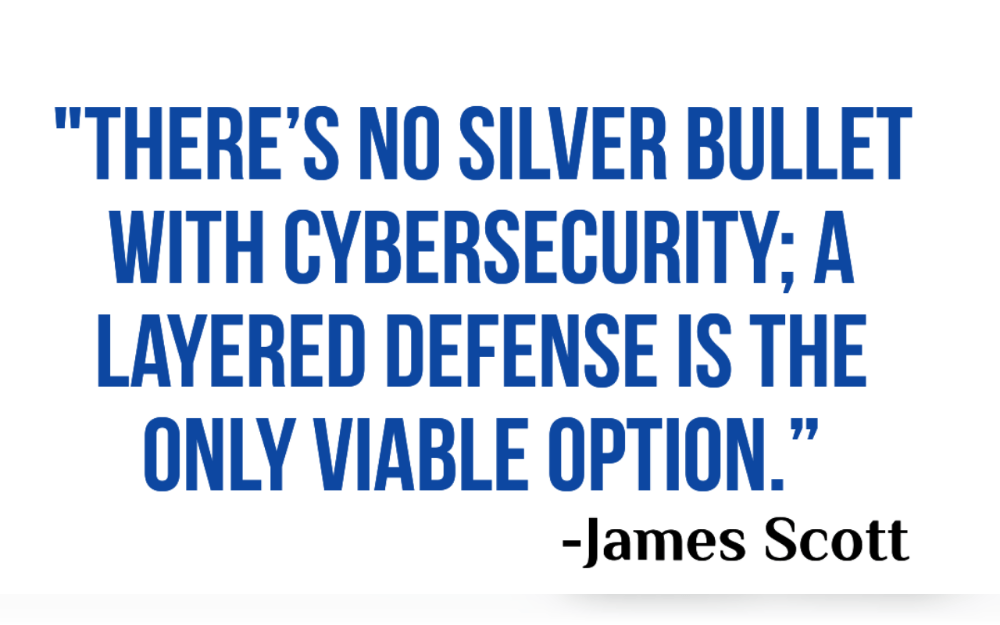

When someone’s name, where one lives, works or other identifying information is publicly revealed without their consent, it is known as “Doxxing,” which is a form of harassment, intimidation, and bullying.The term “dropping documents” refers to the practice of hackers harassing, threatening, or retaliating against somebody.
The purpose of this is usually to harass, expose, or financially harm the target, and it can be committed against private individuals or prominent figures. The real name, email address, home address, phone number, and documents,files,such as bank statements, identification documents, or even photos or videos of the victim or survivor could all be considered private information that has been shared without consent.
According to experts,If you face online threats, harassment, or abuse online, keep in mind documenting the evidence. Keep track of all emails and voicemails, and collect screenshots of direct conversations, text messages, and comments on social media.
For each of your online accounts, create a different password. A reliable password manager that can safely generate and store your credentials can be set up to help you in managing these.Use mnemonic techniques to make it simpler if you have to remember a password, such your password manager password.
Remove the metadata from files and photos. Apps for removing photo metadata and files can be found in the Apple App Store and Google Play Store.Don’t reveal your handles, usernames, or profiles to others. In your profile and posts, refrain from including your address, workplace, phone number, and specific locations.
Only allow people you know to view your posts. Refrain from disclosing private information online.Use a virtual private network.Verify that the wireless network you are connecting to is legitimate. conceal WHOIS domain registration details.









